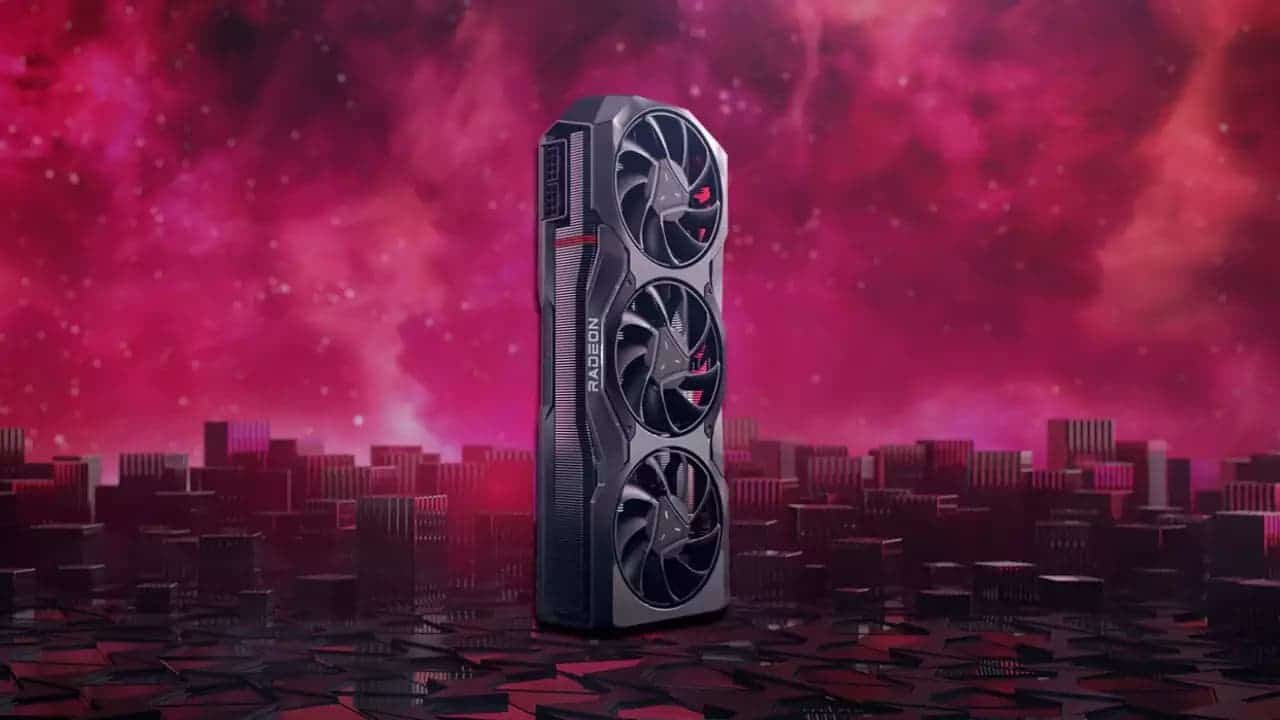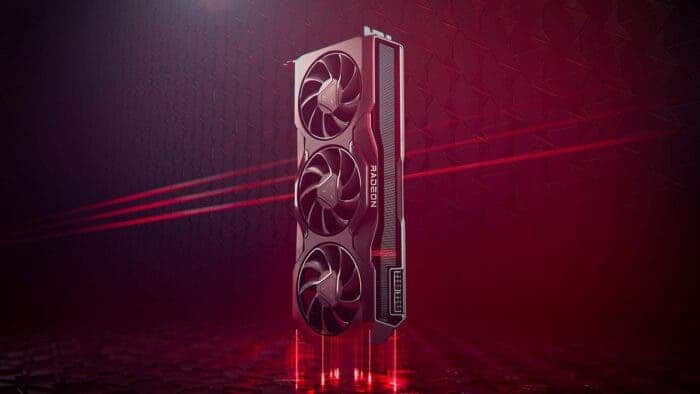AMD executives Rick Bergman and David Wang have just confirmed that the next generation of GPUs will be seeing a lot of AI involvement. And all of that AI power will be based on the RDNA 4 architecture. The execs have even given us some details about what we can expect from the architecture.
Naturally, it would be safe to say that there will be a second iteration of Accelerator cores. These cores are basically AMD’s answer to Nvidia Tensor cores. And they were first introduced in the RDNA 3 GPUs, which include the currently leading Radeon RX 7900 XTX.
However, the Accelerator cores of AMD are still way behind the Tensor cores of Nvidia. That is, the Tensor cores are still lightyears ahead in terms of AI processes. So, will the second-gen AI cores of team red be able to catch some ground? Or will they just be another disappointment?
What 2nd Gen AMD Accelerator Cores Will Focus On
According to the executives, the second generation of AMD Accelerator cores will be a major step up. Beyond these cores, the execs told the Japanese gaming website 4gamer that the new GPUs would have nifty new features. Among them, the most important one is the new self-contained GPU pipeline.
That will enable the new AMD GPUs to carry out rendering and texturing processes exclusively. In other words, there will be no need to communicate with the CPU for these processes. As a result, the processing speed of the new RDNA 4 GPUs could see a massive boost.

It also means that the RDNA 4 AMD GPUs will not require the system RAM or the CPU to carry out some of its workloads. That will effectively take two of the potential bottlenecks of a system out of the equation.
But how much performance can we expect from the new AMD GPUs? Well, according to Bergman and Wang, there will be a massive 2.2x performance boost compared to the current RDNA 3 cards. And that is a lot!
What About the AI Part?
Wang was very keen on discussing the implementation of AI within the gaming space. In the interview with 4gamer, wang espoused that AI hardware should not just be there to improve the graphical aspects of the games. Instead, the new AMD AI capabilities could also be utilized to improve the gameplay experience.
This has good and bad sides. Imagine that you are playing a shooting game where your opponents are actually powered by a deep-learning AI. With the power of the AMD Accelerators, they might actually learn and adapt to your actions. And when that happens, their reactions will be much harder to tackle than regular NPCs.
On the other hand, you can not forget that the AMD AI power could make games more interesting. Consider NPC pathfinding mechanism in the games, for example. At one point or other, most of the gamers complained about how wonky the NPC pathfinding mechanism is in games. Remember the glitches of Cyberpunk 2077?

Well, with AI power, NPC’s movements and decisions could seem natural. Nonetheless, it is pretty interesting to see AMD going all in on AI now. Since it already mocked Nvidia last year for relying too much on AI tech in the DLSS and RTX GPUs.
In defense of AMD, team red proved that upscaling tech does not require AI. Take the Radeon FidelityFX Super Resolution, for example. No matter what, one thing that is clear by now is that the future of gaming will be heavily focused on AI. And that means that there can be some serious changes in how we actually experience games.





